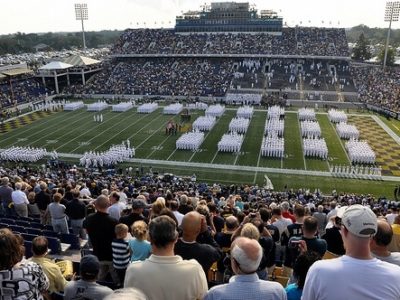In Taylor Branch’s article “The Shame of College Sports,” he questions whether college athletes should be paid or not.
But, I’d say that question is moot.
The question isn’t if the athletes deserve to be paid, the NCAA knew that the creation of the athletic scholarship established a pay-for-play scheme already. The question is whether or not the NCAA is selfishly slighting the athletes.
The idea of an amateur is to play without payment, but college athletes are essentially being fiscally compensated anyways, or so it appears. The NCAA has denied student athletes the full amount of contributions the athletes make, who become the main attraction in college sports.
The theory of amateurism is the main argument the NCAA uses regarding athletic compensation. However, these amateurs are the basis of the college sport enterprise. To further complicate things, the idea of the amateurism defined in many different ways by many different people. Who is to say these amateurs match the actual definition of amateurs besides, of course, the NCAA?
Correct me if I am wrong, but in a nutshell, the NCAA has rationalized, that athletes are not, in fact, workers who are the foundation to the success of college sports because of their amateur status.
In the article, Branch quotes Walter Byers, former executive director of the NCAA and touches upon this topic, “Amateurism is not a moral issue; it is an economic camouflage for monopoly practice."
I would say, in the NCAA’s mind, a free education is adequate payment for college athletes, however, that one college education can generate a lot of money for the NCAA and universities through corporate marketing and media partners.
In a recent study by the National College Players Association, those granted full scholarships have an average shortfall of a little more than $3,000. Those student athletes receiving full scholarships, on average, are $2,000 below the poverty line.
So how is it, the NCAA’s rationalization that a “free” education is worthy of such athletes when in actuality they are being less than sufficiently compensated for the benefit of those higher education officials with selfish motives?



















